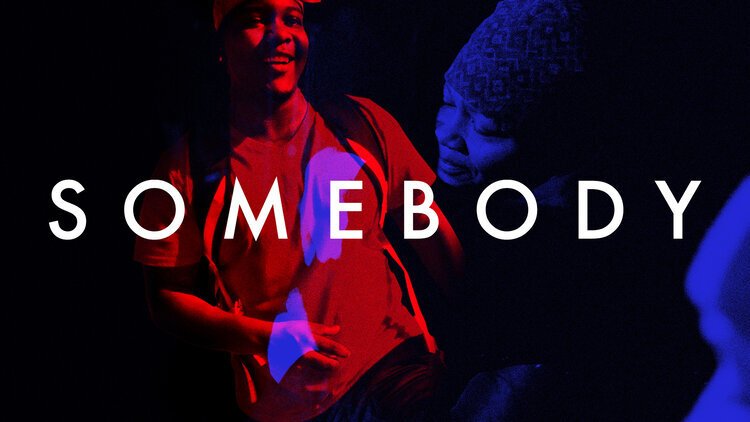Narrative and Investigative Opportunity Fund
The Invisible Institute is raising $1.7 million to fund future investigative projects.
As our reporting exposes state violence in Chicago and across the country, we continue challenging barriers to the public’s right to know. We do so by crafting modes of reporting that honor the source by combining rigorous investigative journalism with deep community engagement and innovative approaches to data collection and analysis.
Having crossed the five-year mark, our small newsroom has a demonstrated history of success by our standard: impact on policy and practice, as well as more conventional metrics: awards – including two Pulitzer recognitions – and a dedicated audience.
Our 2021 reporting collaboration, “Mauled,” compiled unprecedented national data on police canine attacks, spurring policy changes from Washington to Massachusetts and winning the 2021 Pulitzer Prize for National Reporting. Police dog bites in Indianapolis fell 90% after our investigation showed that the department used dogs at a higher rate than any other major city.
Our 2020 podcast, Somebody, sparked an investigation by the Inspector General of Chicago and was named a finalist for a Pulitzer Prize, having reached a national audience of 1.7 million listeners.
Our 2019 exhibition, “Six Durations of A Split Second: the Killing of Harith Augustus,” prompted investigations by several city agencies into the mishandling of key evidence brought to light by our reporting while also fostering a space where hundreds of Chicagoans engaged each other in conversations about policing and their communities.
The impact of our work is not always immediate.
Since the publication of Jamie Kalven’s investigation, “Code of Silence,” in 2016, Cook County has overturned 212 convictions linked to former CPD-sergeant Ronald Watts–the largest mass exonerations in Cook County history. “Code of Silence” also precipitated the firing of Ernest Brown, the former deputy superintendent of CPD from his post as executive director of Homeland Security for Cook County. It has prompted multiple ongoing official investigations, including one by the Department of Justice.
Five years after Alison Flowers and a co-author published a Chicago Reader investigative story about how Illinois’ felony murder law can obscure police misconduct, a bill that passed in 2021 amended the state’s damaging and expansive felony murder statute. Restore Justice Illinois advocated for the reform, relying heavily on Invisible Institute reporting to argue its merits.
The Invisible Institute launched the Civic Police Data Project in 2015, which makes hundreds of thousands of Chicago Police complaints available to the public. Seven years after its launch, the site continues to be used by over 89,000 Chicagoans each year, including public defenders and reporters who use it to support their day-to-day work. Some of its highest traffic came in 2020 when Chicagoans relied on the tool to look up officers during protests after the murder of George Floyd.
Public access to information is vital for creating and maintaining accountability and effectiveness in local government, yet local newsrooms like ours work under considerable financial strain. Critical to the next phase of the Invisible Institute’s growth is establishing a Narrative and Investigative Opportunity Fund to develop and sustain our investigative projects. The fund will support our immersive approach to journalism across the organization by providing early-stage capital or bridge funding for vital projects. Our investigations and narrative productions are often years long, relying on a sustained quality of attention and careful relationship cultivation. In response, we are building a revolving fund that will be replenished by grants, donations, and earned income. While we have a demonstrated ability to attract earned revenue, we understand creative autonomy as vital to our methodology, and these kinds of revenue usually arise from years of consistent work by our team.
The creation of our groundbreaking and widely-used data project, CPDP.co, for example, took years of investing in legal work, public records requests, and web development. That sustained commitment paid off. Today, seven years after its launch, the site remains a national model for the power of data transparency and a launching point for our reporting work, including our ongoing efforts to expand the site and accompanying reporting on the police to more cities in Illinois. Because of the resources we commit, many of our projects build from prior projects, or the project itself lives on in new iterations. This revenue model allows us to invest in the practices that have led to our continued success: sharing obscure stories we have dedicated the time to carefully investigate in the medium that best suits the content independent of news trends and market pressures.
We have secured an anchor funder. The Jonathan Logan Family Foundation committed $500,000 in matching funding over the course of two years to provide seed funding for the fund’s development. If you are interested in supporting the organization and having your donation matched, please contact anwuli@invisibleinstitute.com or add Narrative Opportunity Fund to the description of your donation.



